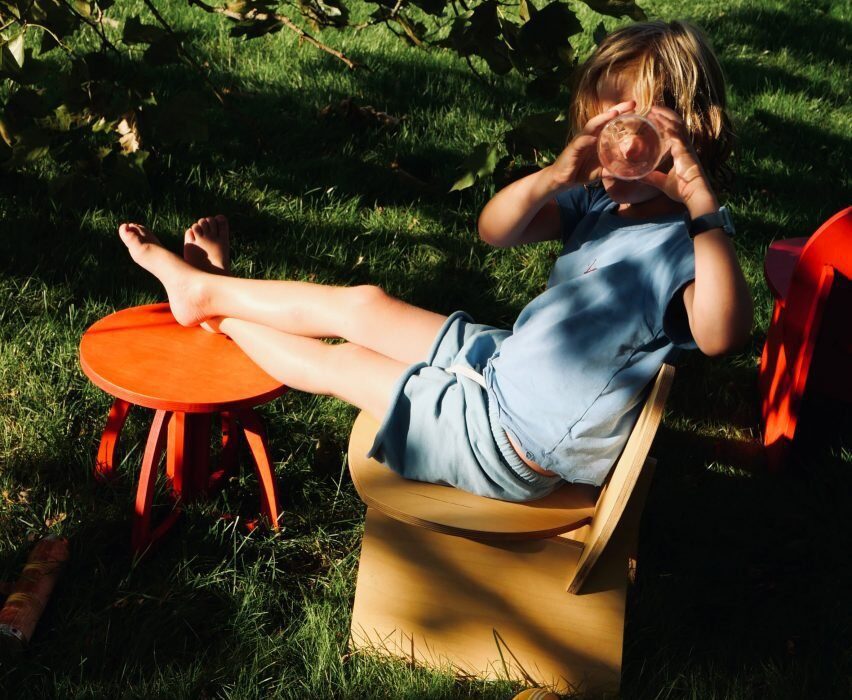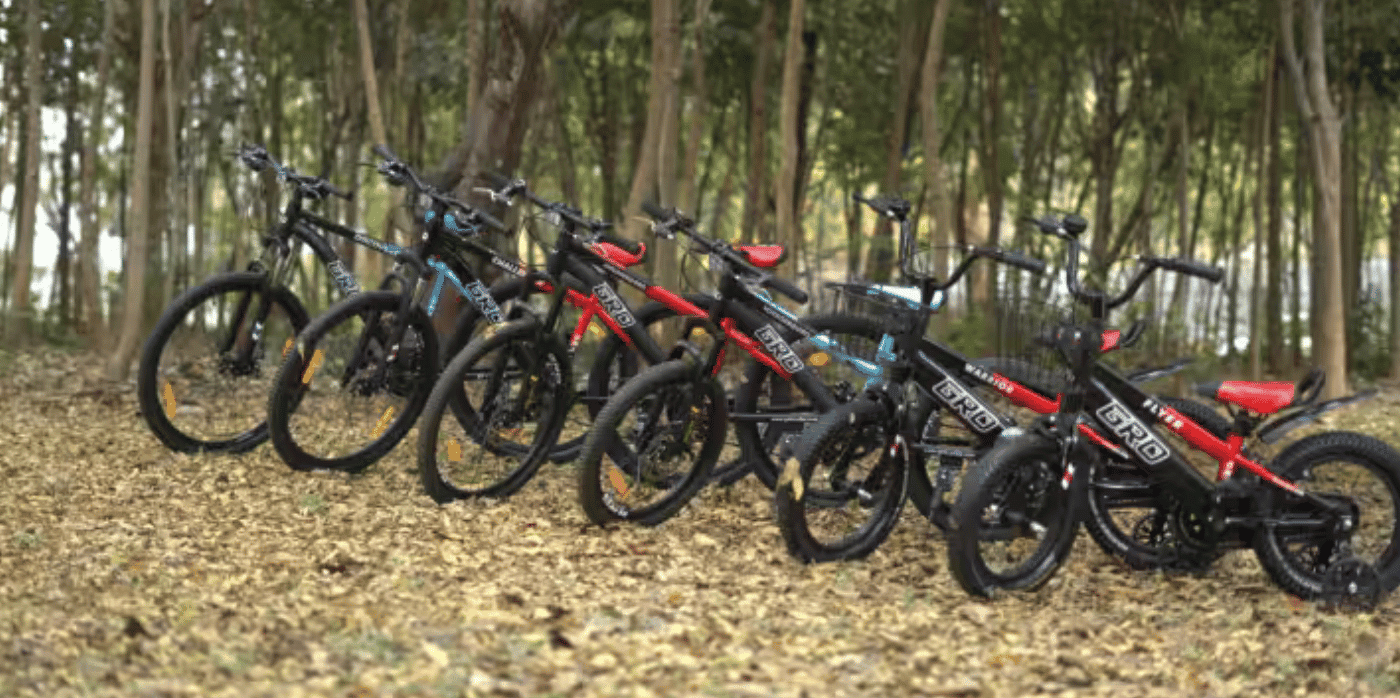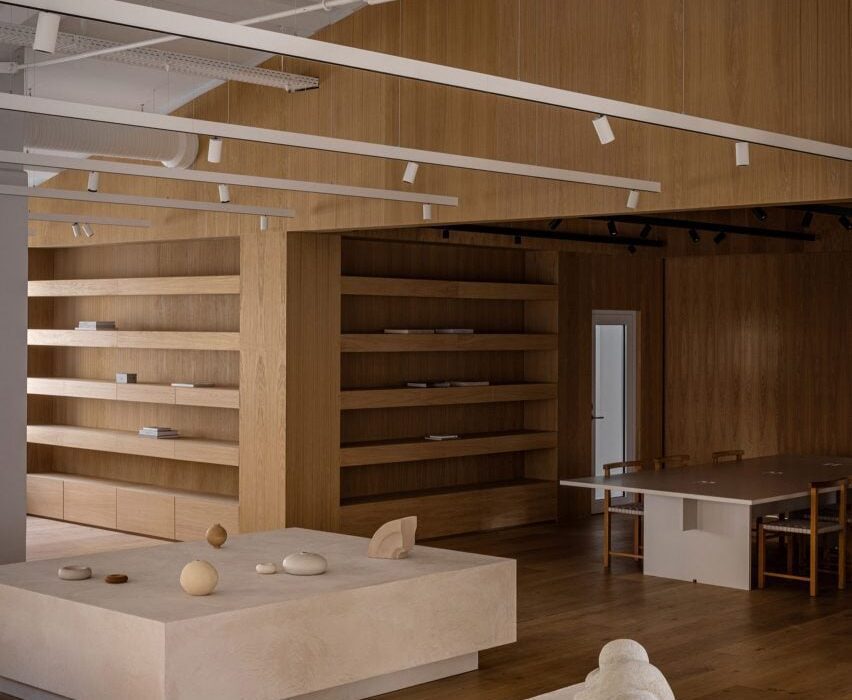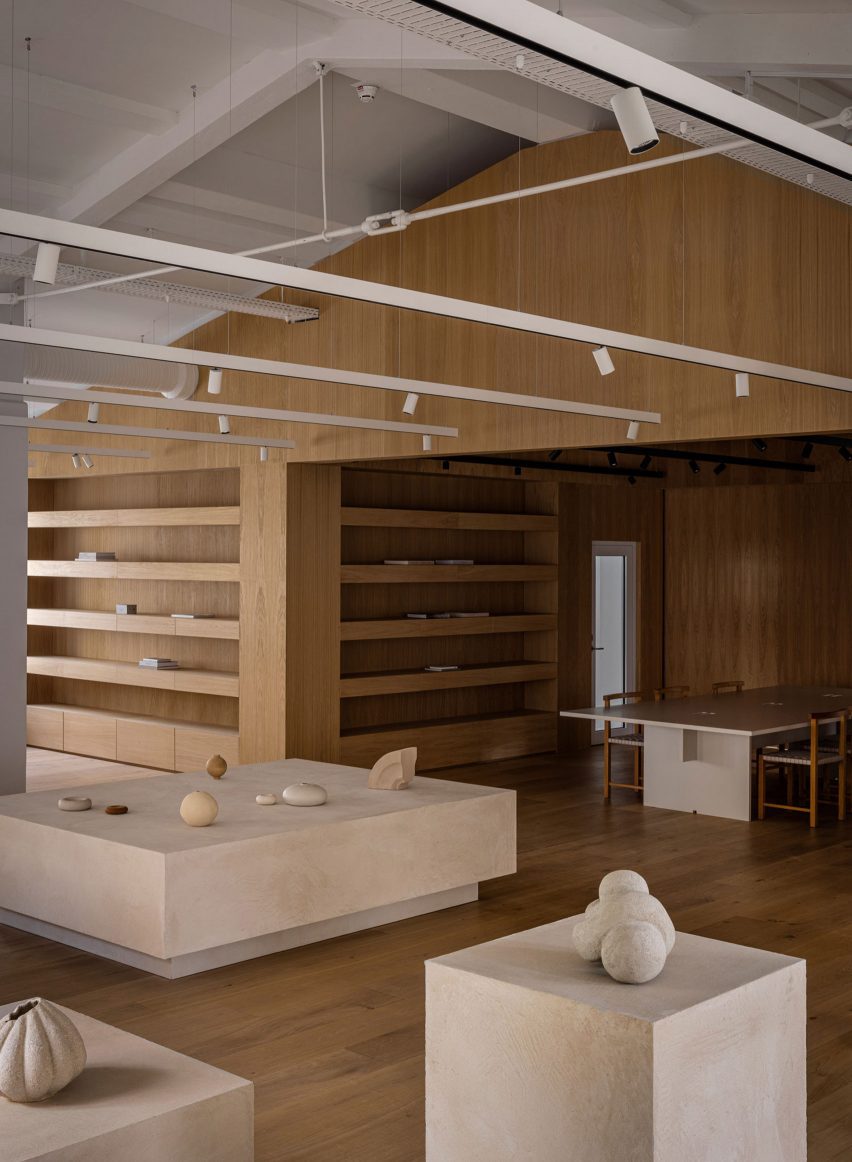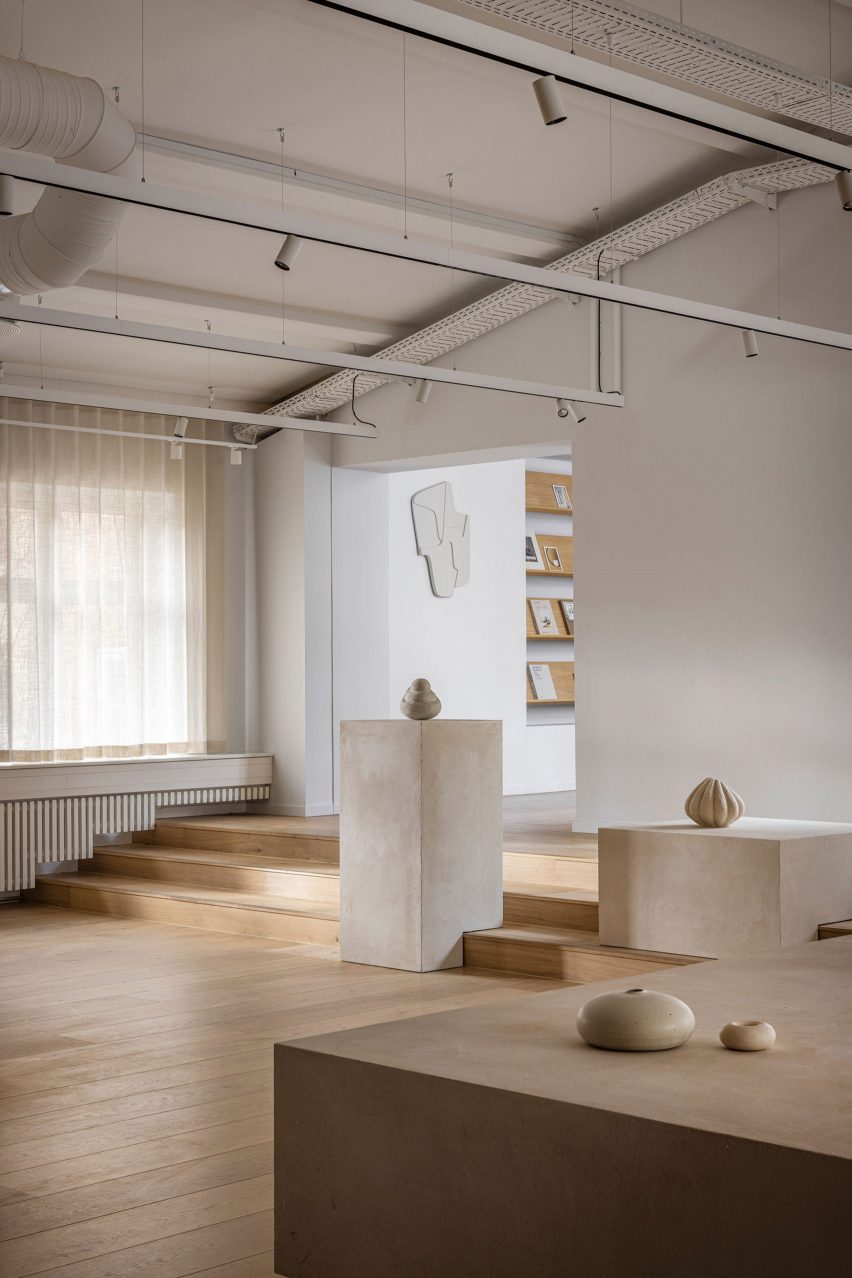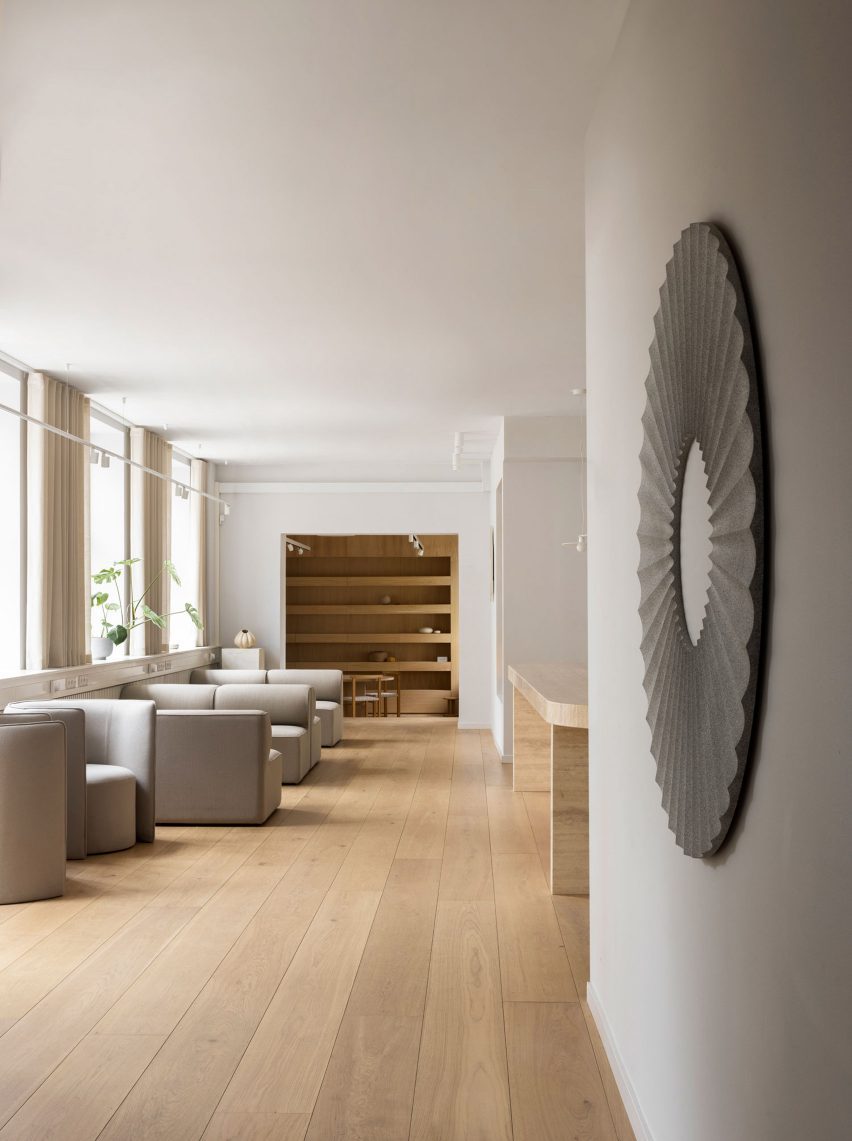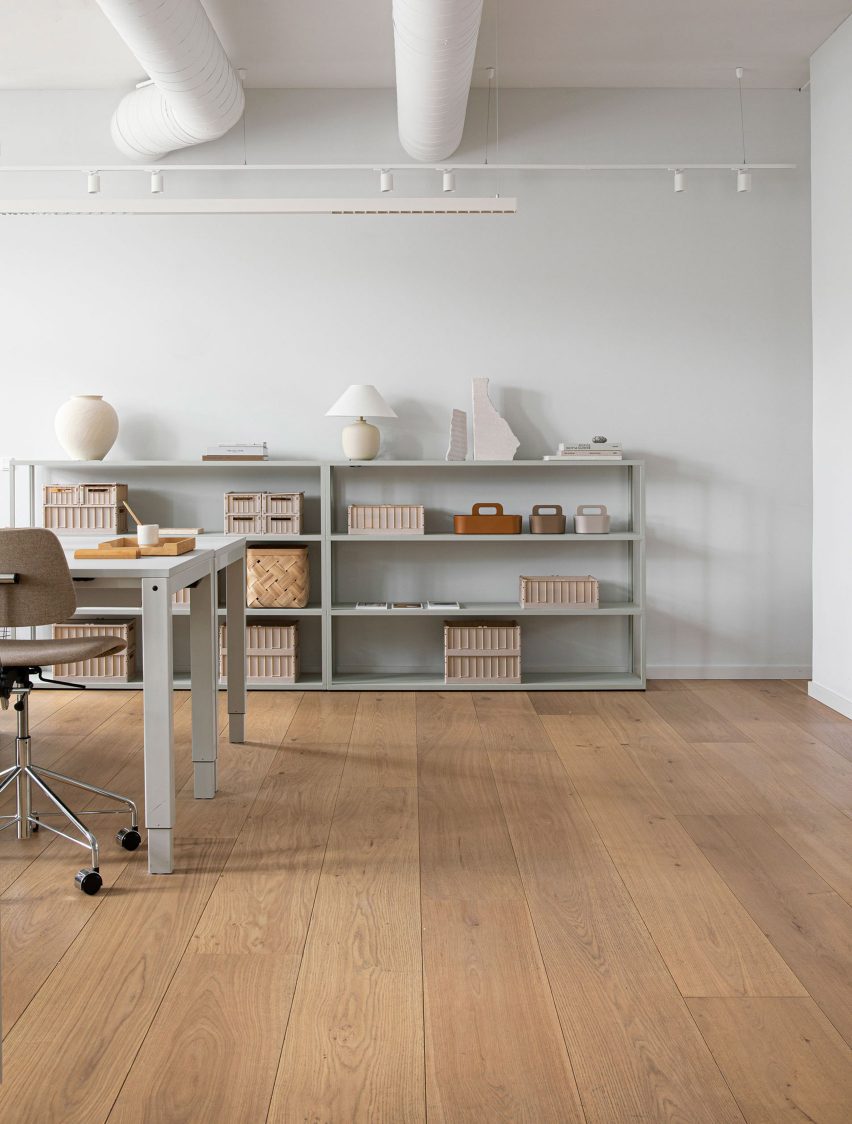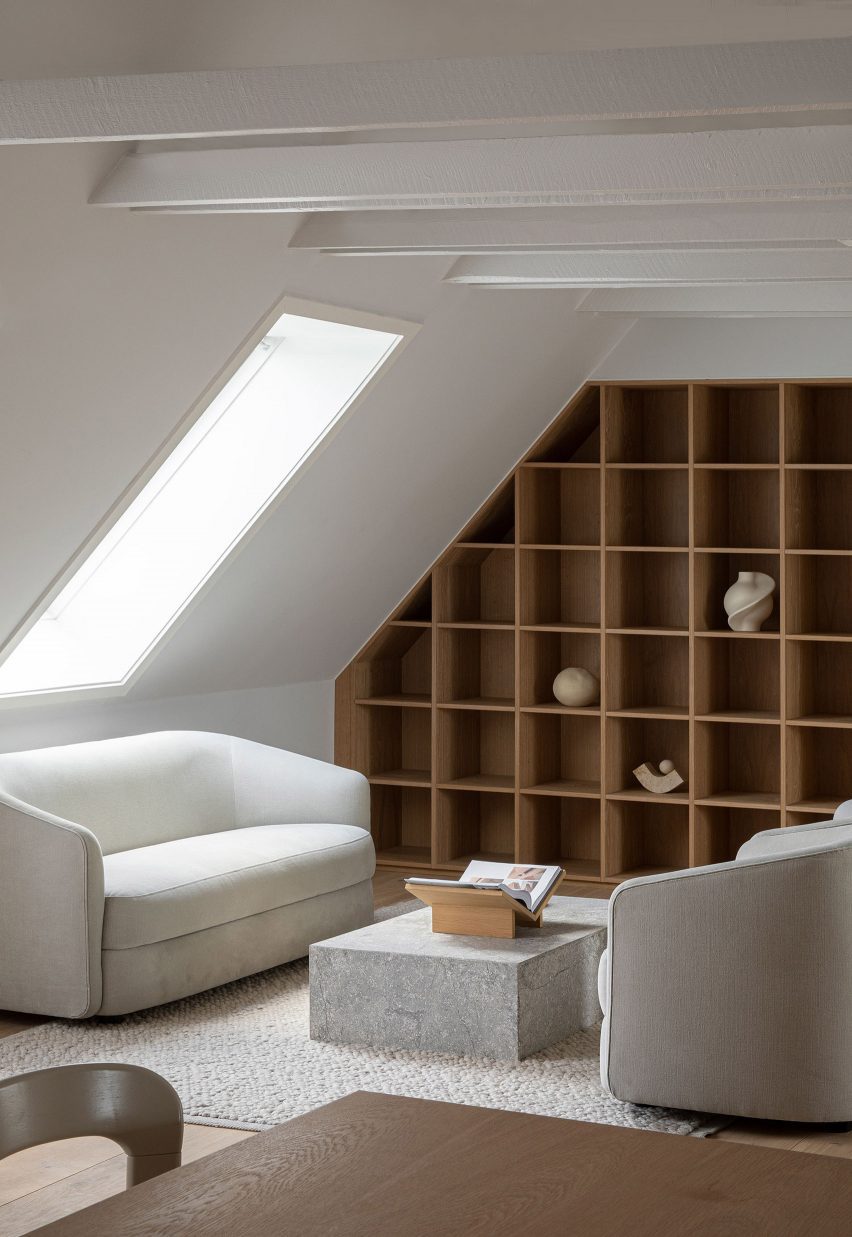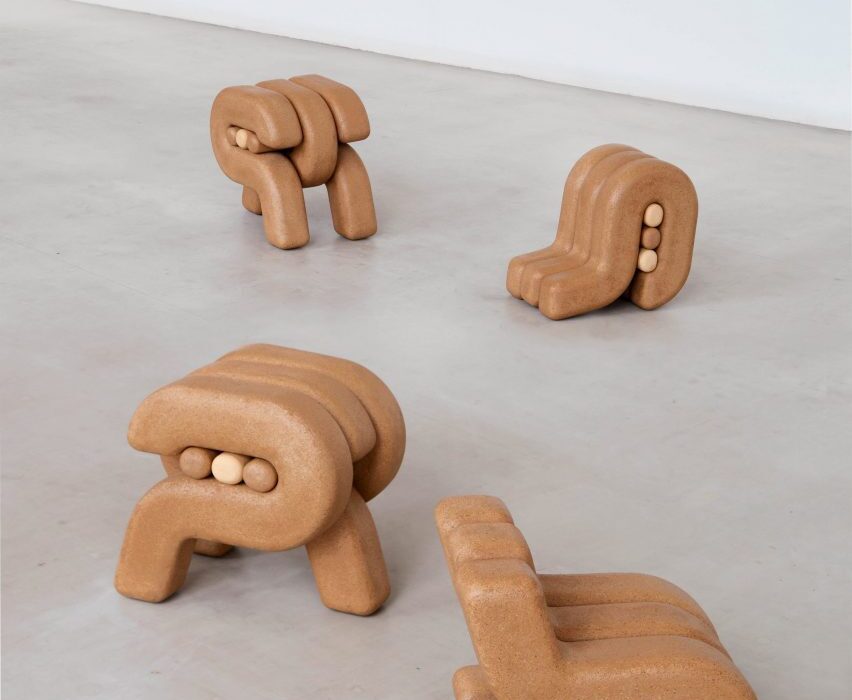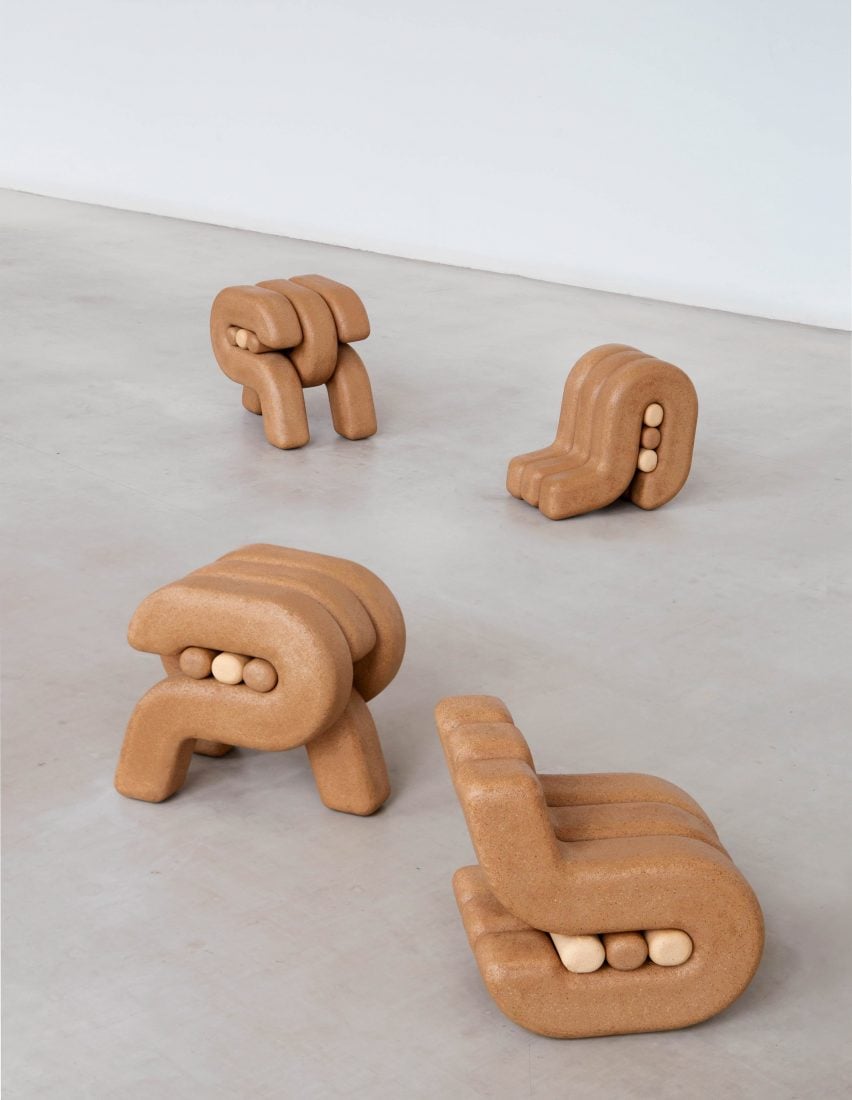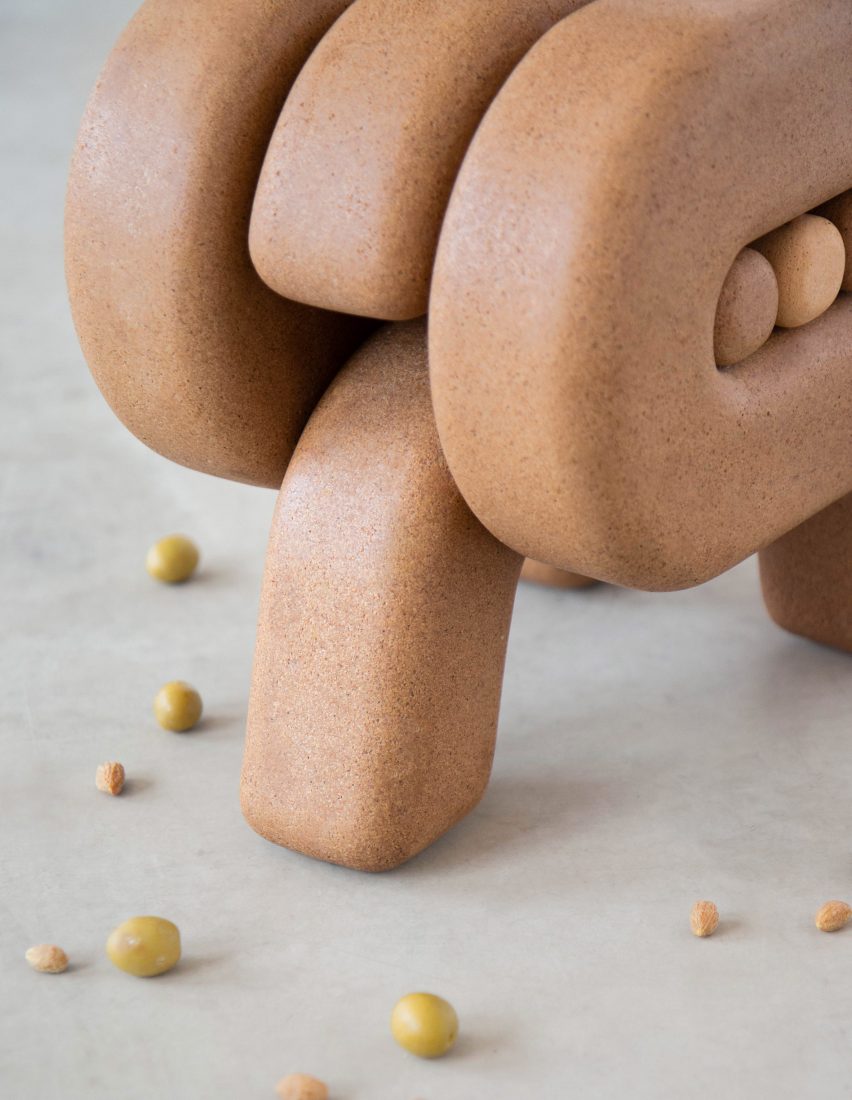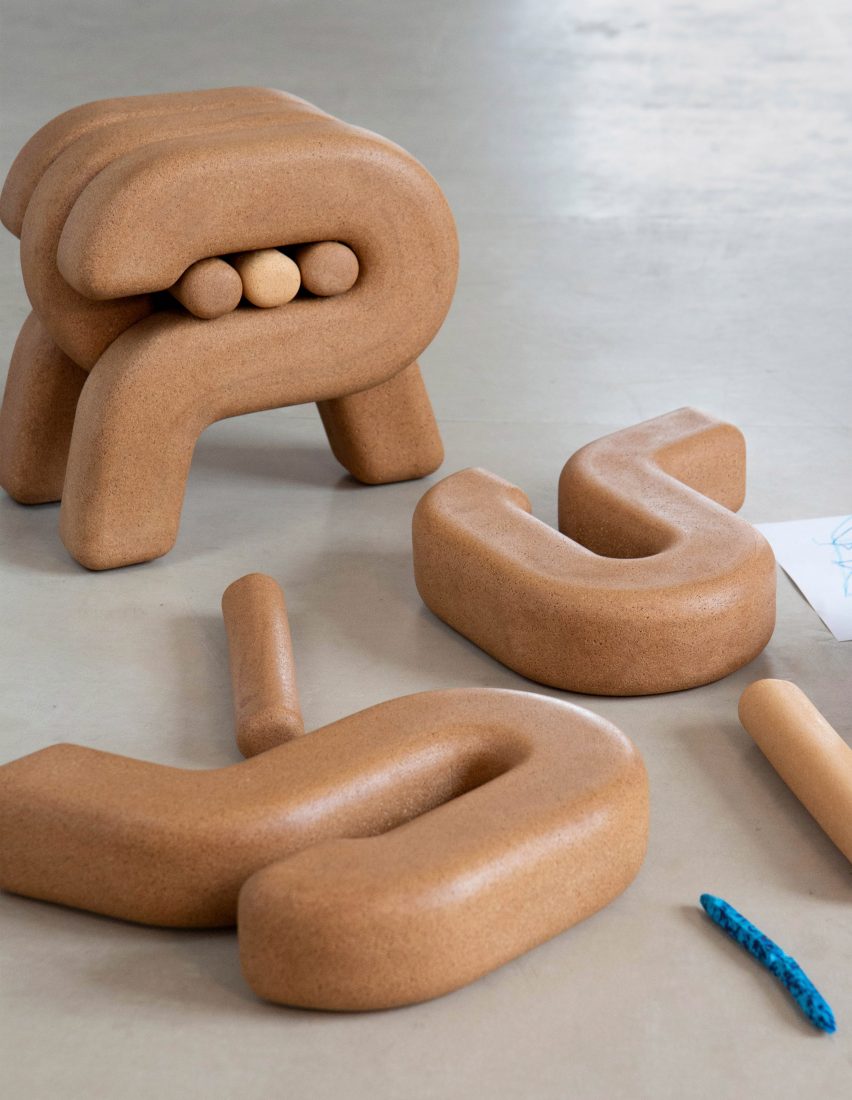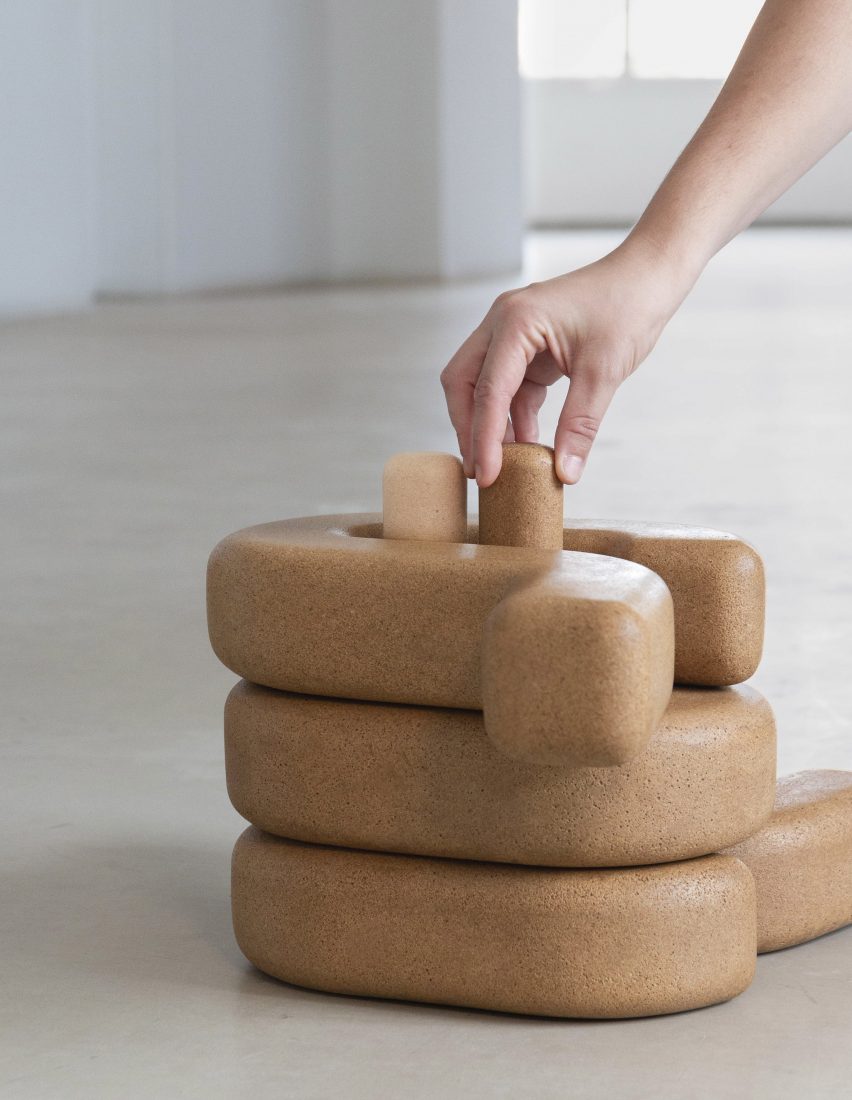Anne-Sophie Rosseel creates colourful furniture that kids can assemble
New York-based interior designer Anne-Sophie Rosseel has created a sustainable children’s furniture collection that locks together for easy assembly.
Called the Interlockables, the collection includes tables, seating and storage for children and is the debut collection from Rosseel‘s House of RoRo brand.
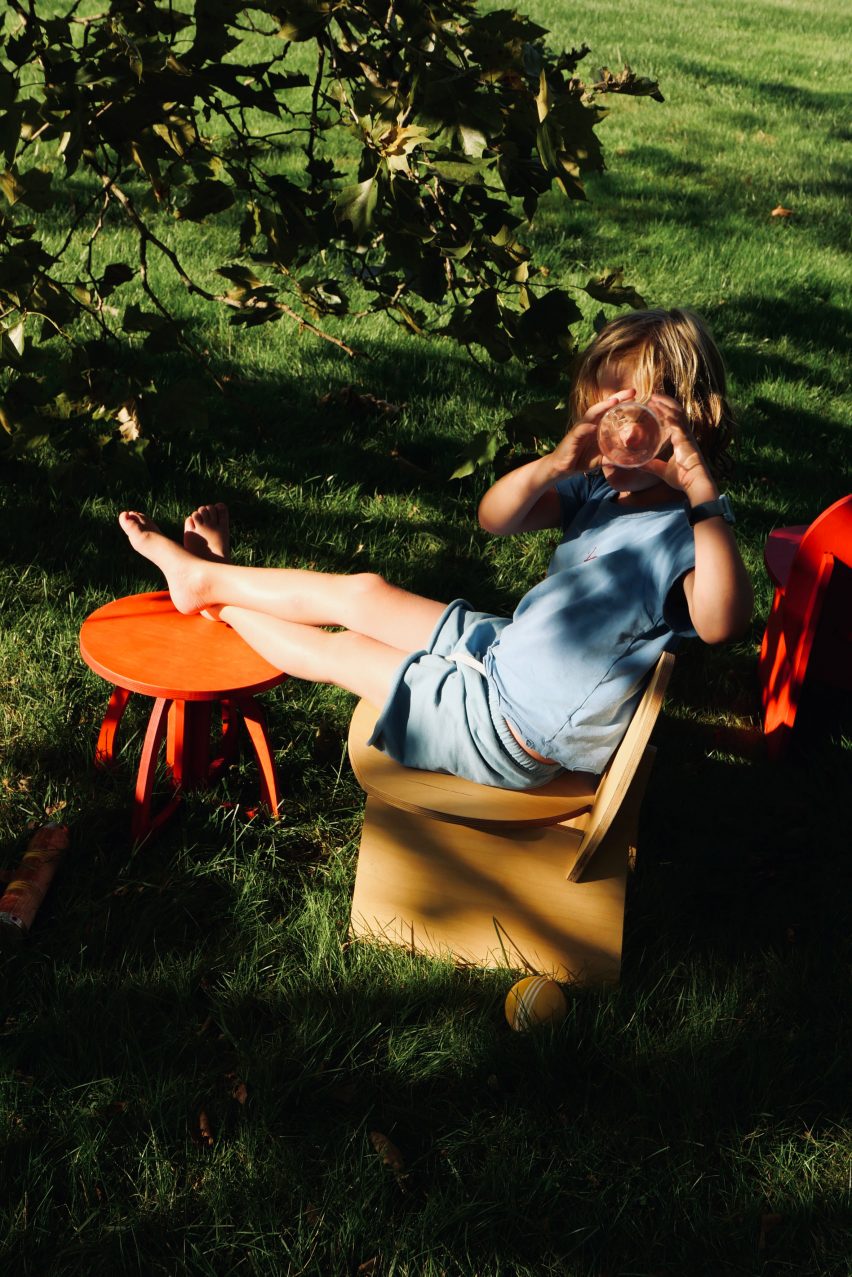
“Inspired by children and their ability to grow and learn at an astonishing speed, the collection consists of multifunctional and versatile children’s furniture that is sustainable, playful, and practical,” said the team.
“The designs are unselfconscious and simple in their use of materials, provoking a feeling of delight.”
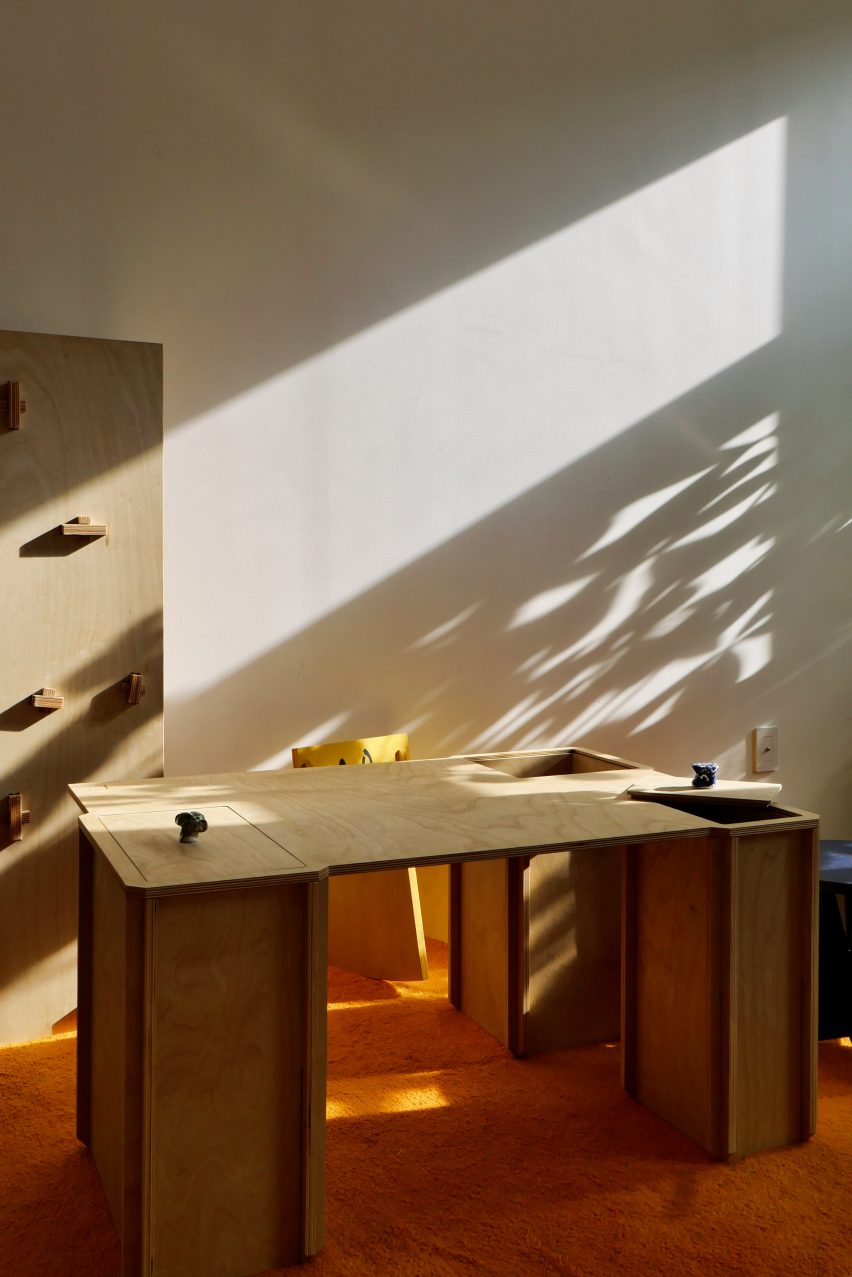
Primarily made of Birch plywood and finished with non-toxic, plant-based dyes, the collection consists of furniture made of geometric shapes just slightly askew.
“I was looking for ways to combine toy storage with functional furniture that would look good in our home while reducing the clutter,” said Rosseel.
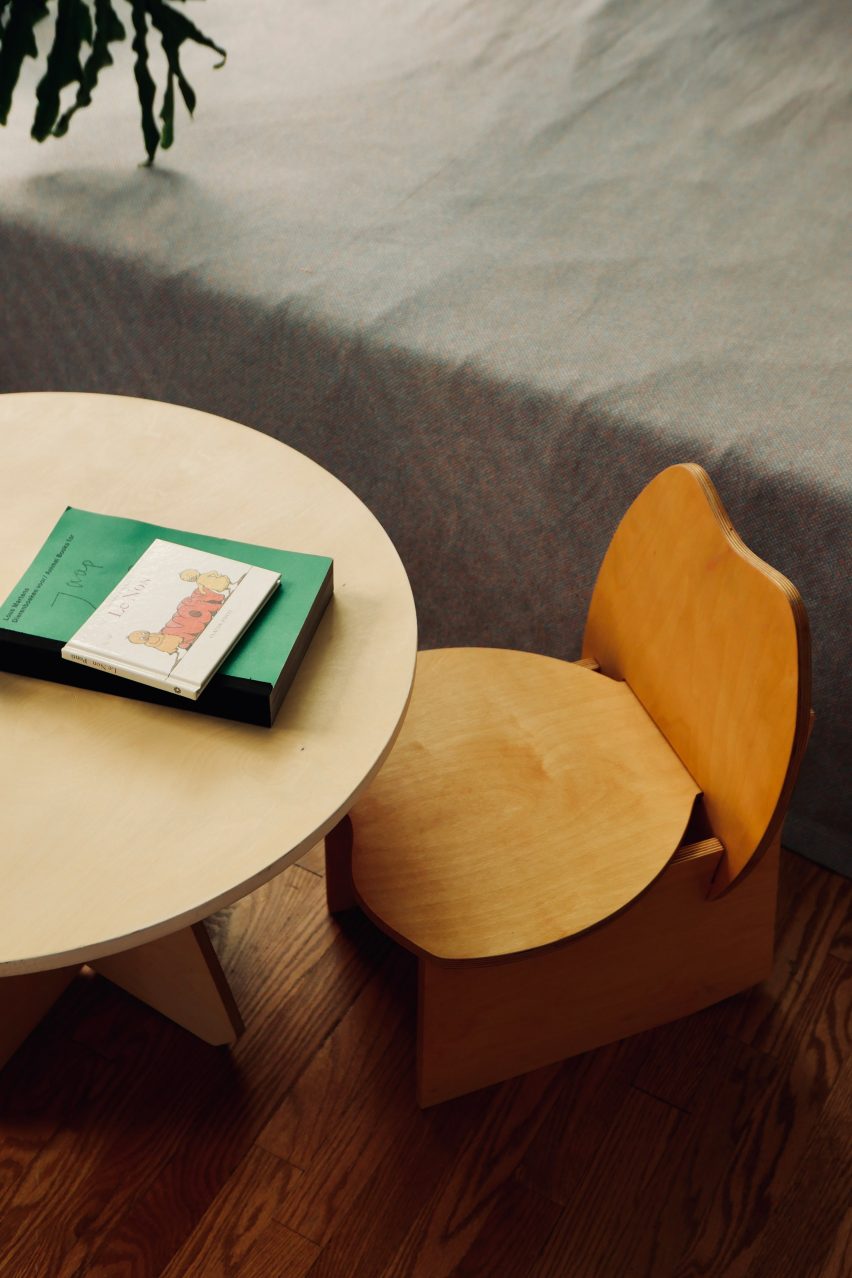
“Kids grow fast and if I was going to make a product, I wanted it to be as sustainable as possible and not have it end up in landfill after 2 years.”
The furniture comes flat-packed and slides and locks together so that children – with the help of a guardian – can assemble the pieces.
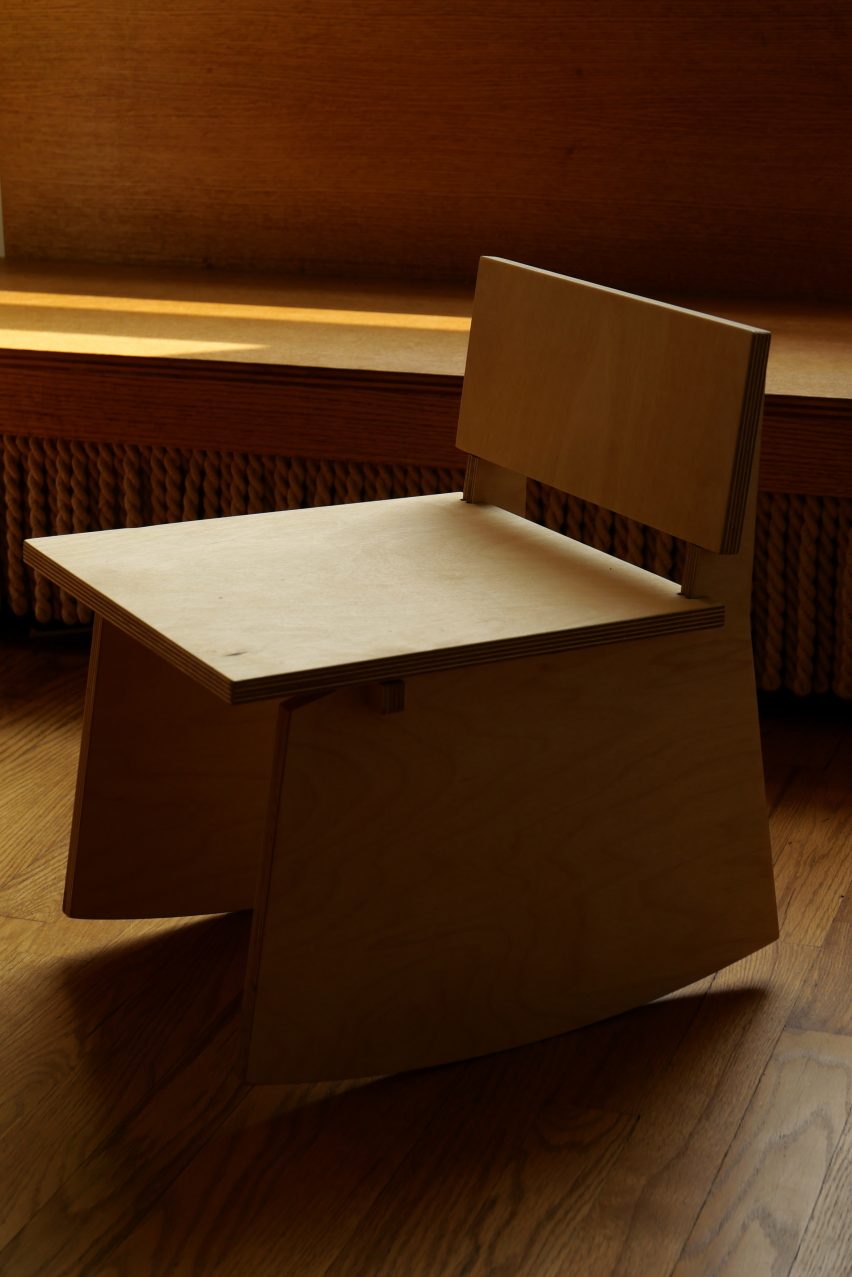
The pieces were designed to be gender-neutral and not age-specific, with some elements that can be adjusted as a child grows.
The Box Table rests on rectangular legs that double as storage containers, which are accessed with removable panels on the table’s countertop.
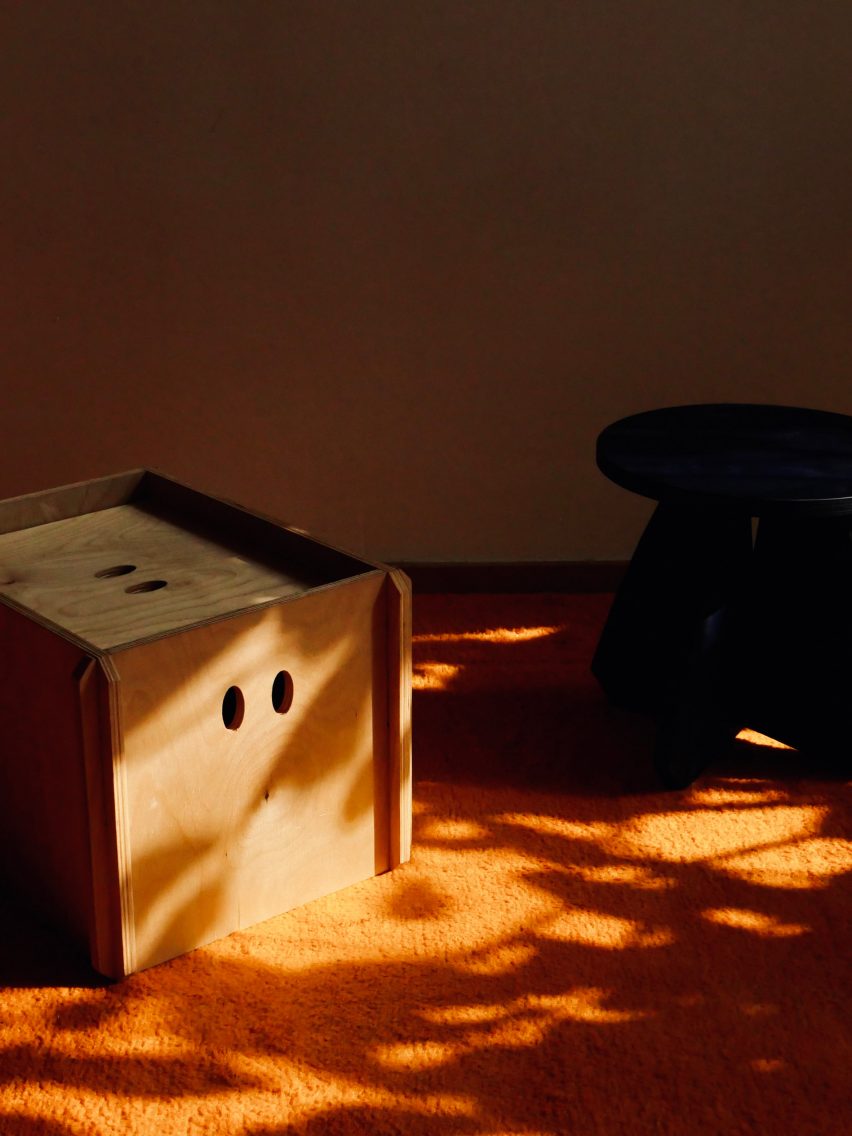
Once a child outgrows the table, the countertop can be removed and the boxy legs converted into nightstands or side tables.
The Raymond Rocker chair fits flat-pack in a pizza-sized box and features slightly curved legs for “the child that doesn’t like to sit still”.
Artisanal dyer Audrey Louise Reynolds created a series of stains for the collection made out of plant-based pigments including mushrooms, flowers, mica and moss.
The dyes include a natural oil stain and five bold colours, although they will change seasonally and custom colours can be requested.
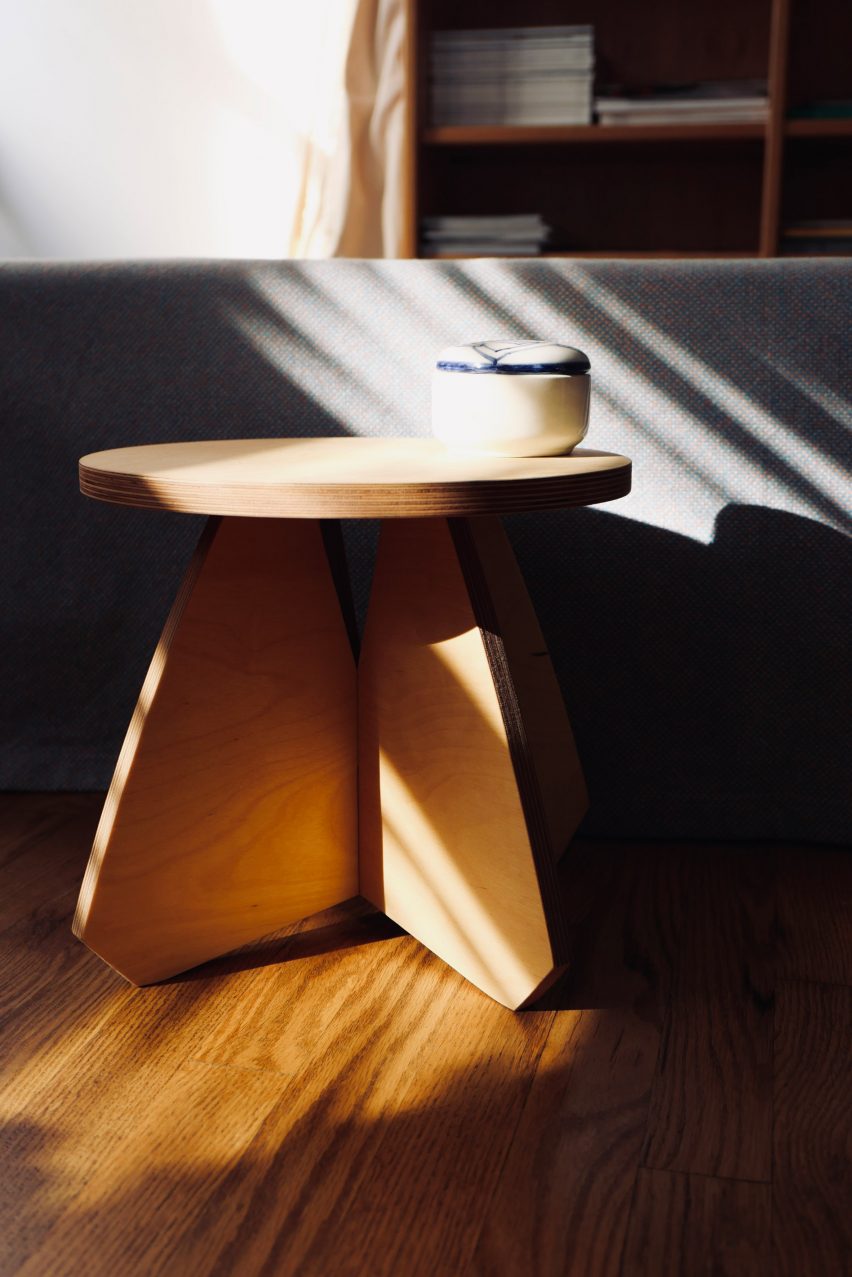
The pieces are ethically sourced and manufactured in Canada, with leftover scraps from CNC cuts reperused into “small toy wood pulls or puzzles”.
A pair of permanent sticker sketchy “eyes” comes with each purchase to be applied to the furniture at will.
Anne-Sophie Rosseel is a Belgian-born New York-based interior designer. She founded Rosseel Studio before launching House of RoRo in 2023.
Other furniture designed for children includes sloping wooden chairs that encourage “active sitting” by Studio Lentala and playful stools made of olive pits by Eneris Collective and NaifactoryLAB.
The photography is courtesy House of RoRo.

